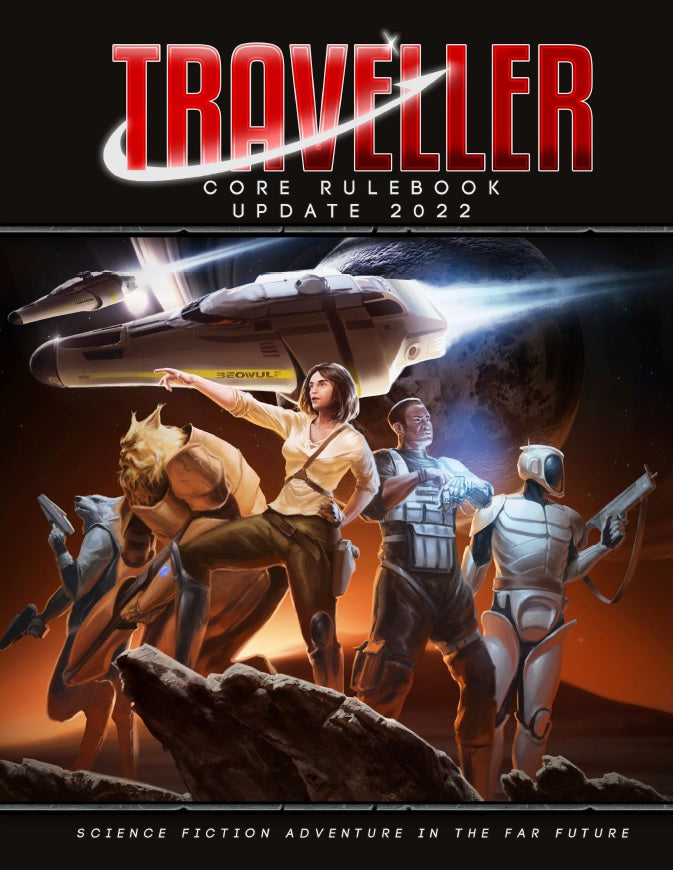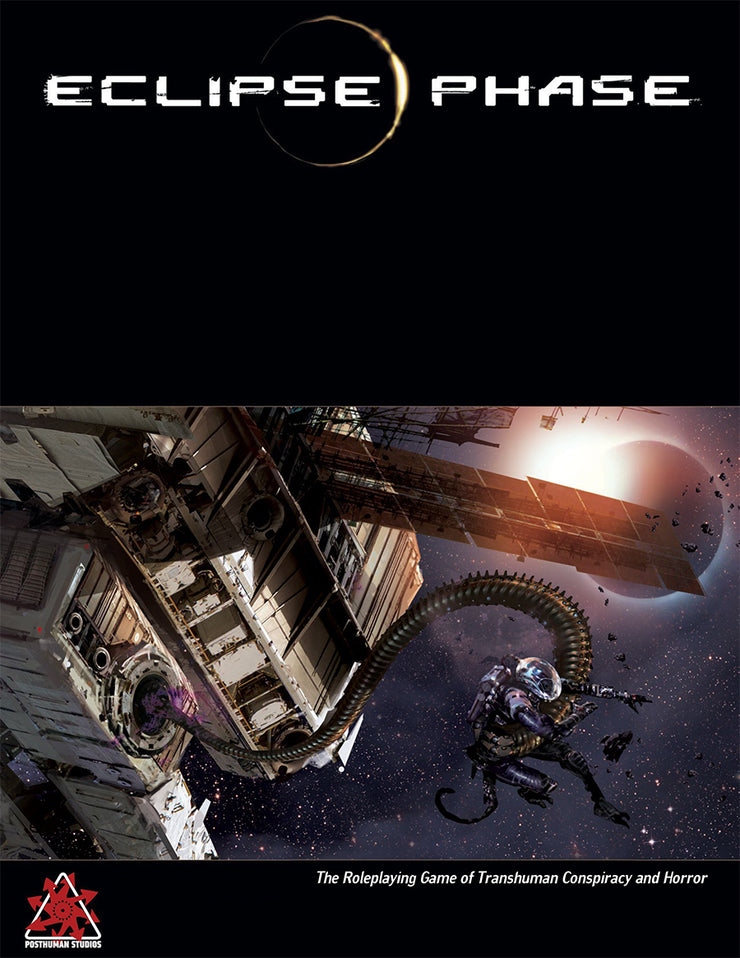Traveller Science Fiction; Interstellar Travel; Exploration-Driven; Character Customization; Resource Management; Tactical Combat; Political
Traveller TTRPG: A Detailed Overview
Traveller is a science fiction tabletop role-playing game known for its focus on interstellar travel, exploration, and character-driven narratives. Unlike many RPGs that center on heroic fantasy, Traveller emphasizes themes of commerce, resource management, and sociological interactions within a human-dominated, yet cosmopolitan, universe. The game utilizes a life-path character generation system, tactical combat, and a universe ripe for exploration and adventure. Its target audience is players who enjoy a blend of science fiction, strategic decision-making, and a more grounded, less overtly heroic, roleplaying experience. Itâs known for its detailed setting, consistent rules, and the ability for characters to die during character creation.
Theme and Setting
Traveller is set in the far future, typically within the Third Imperium, a feudalistic interstellar empire dominated by humans. This setting offers a blend of high and low technology, with starships capable of interstellar travel existing alongside primitive worlds and ancient artifacts. The Third Imperium is not the only power, as many other technologically advanced sophonts exist. The game emphasizes exploration, interstellar trading, and battles across star systems. The universe is cosmopolitan, featuring various alien races, each with their own cultures and motivations. A major aspect of the setting includes the remnants of the Ancients, a powerful, ancient race whose technology far surpasses current civilizations, leaving behind ruins and artifacts scattered throughout the galaxy.
Core Mechanics and Rules
Traveller's core mechanics revolve around a 2D6 system, where players roll two six-sided dice and add modifiers based on skills and attributes to meet or exceed a target number, usually 8. Combat is tactical and can be lethal, with damage often resulting in a loss of ability scores. Character generation is a unique and defining feature, utilizing a life-path system. Players make career choices for their characters, determining their skills, experience, and background before the game even begins. This process can lead to characters with diverse histories and even the possibility of death during character creation, adding a layer of risk and realism. Resource management is also key, particularly for scenarios involving traders or mercenaries, where fuel, cargo, and finances are crucial considerations.
What Makes Traveller Unique
Several factors distinguish Traveller from other tabletop RPGs. The emphasis on non-heroic characters sets it apart; players often portray middle-aged veterans or ordinary individuals trying to make a living in a vast galaxy, rather than destined heroes.
The character generation system is another key differentiator, with its life-path approach creating characters with detailed backstories and potential flaws. The possibility of death during this phase is infamous. Unlike games focused on character level progression, Traveller emphasizes improving a character's circumstances through wealth, discoveries, and career advancement. Moreover, the game's gritty, hard sci-fi flavor, which downplays faster-than-light communication and emphasizes the limitations of interstellar travel, contributes to a more grounded and immersive experience. The focus is not just on skill but on achievements, discoveries, and wealth.
Target Audience and Player Experience
Traveller's target audience is players who enjoy science fiction, strategic decision-making, and character-driven narratives that are not necessarily focused on traditional heroic archetypes. The game appeals to those who appreciate a more realistic and less fantastical approach to space exploration and adventure. Players can expect to spend their time engaging in activities such as trading, exploring new worlds, managing resources, and navigating political and social complexities within the Third Imperium. The game loop often involves finding jobs, dealing with complications, and making tough choices, all while trying to survive and prosper in a challenging interstellar environment. While combat is a part, the focus is on making choices in career, handling trade routes, and ship management. Those who want a detailed system with star-spanning adventures, political intrigue, mercenary actions or scientific exploration are ideal players.



